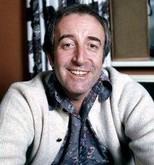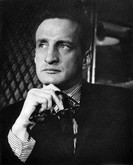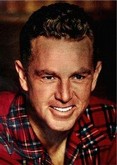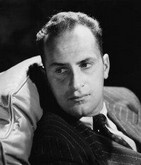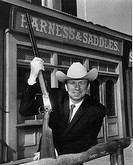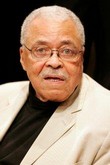
Dr. Strangelove or: How I Learned to Stop Worrying and Love the Bomb (1964)
Dr. Strangelove / Dr. Vreemdelust of: Hoe Ik Mijn Twijfel Overwon en de Bom Leerde Liefhebben
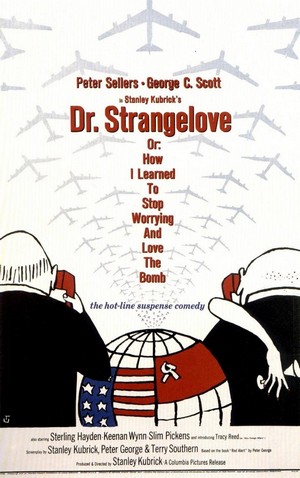
Raiting: ![]() 8,4 /10
8,4 /10
Genre: Comedy
Director: Stanley Kubrick
Stars: Peter Sellers, George C. Scott and Sterling Hayden
Country: United Kingdom / United States
Release date: 29 January 1964
Length: 95 minutes
